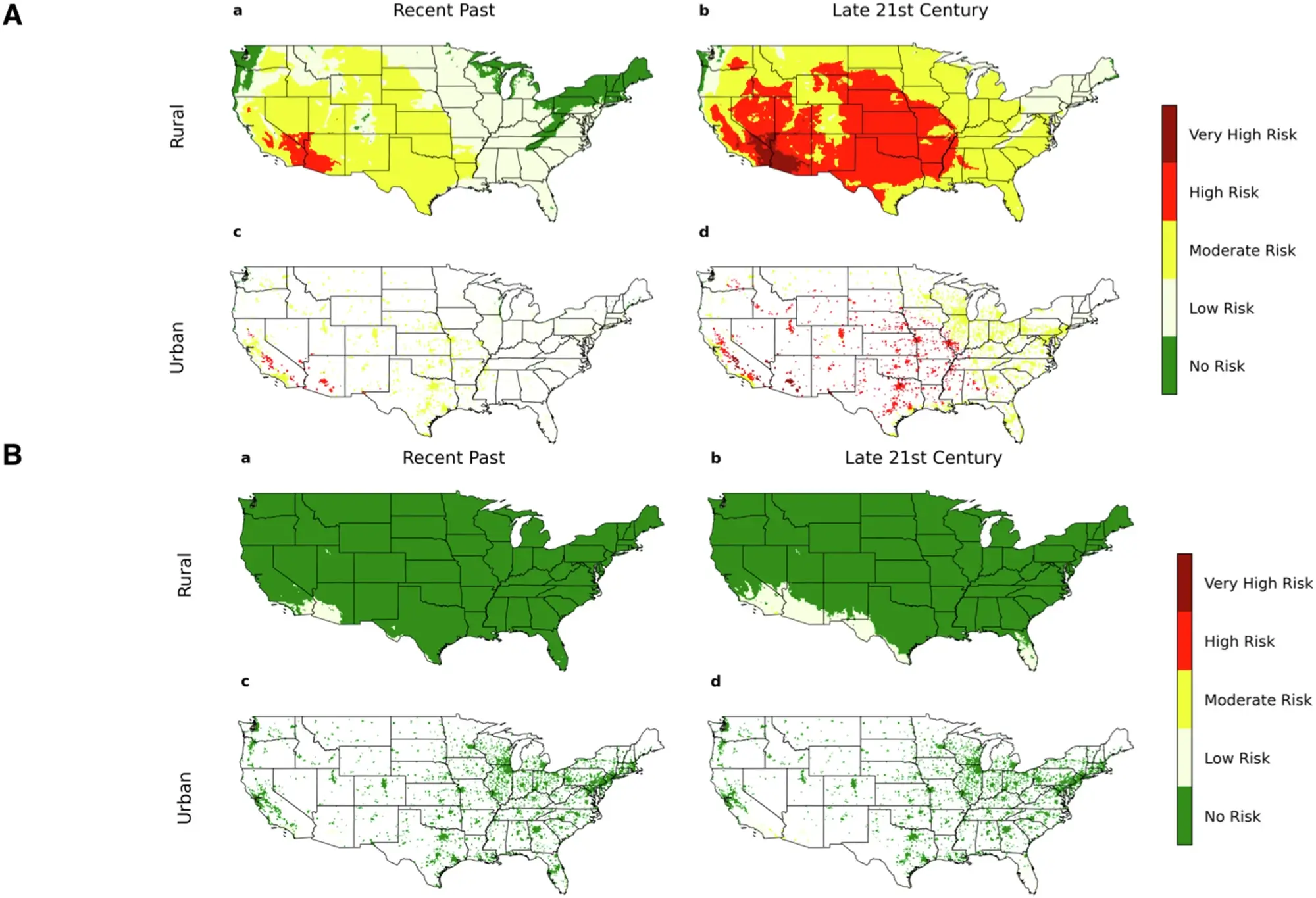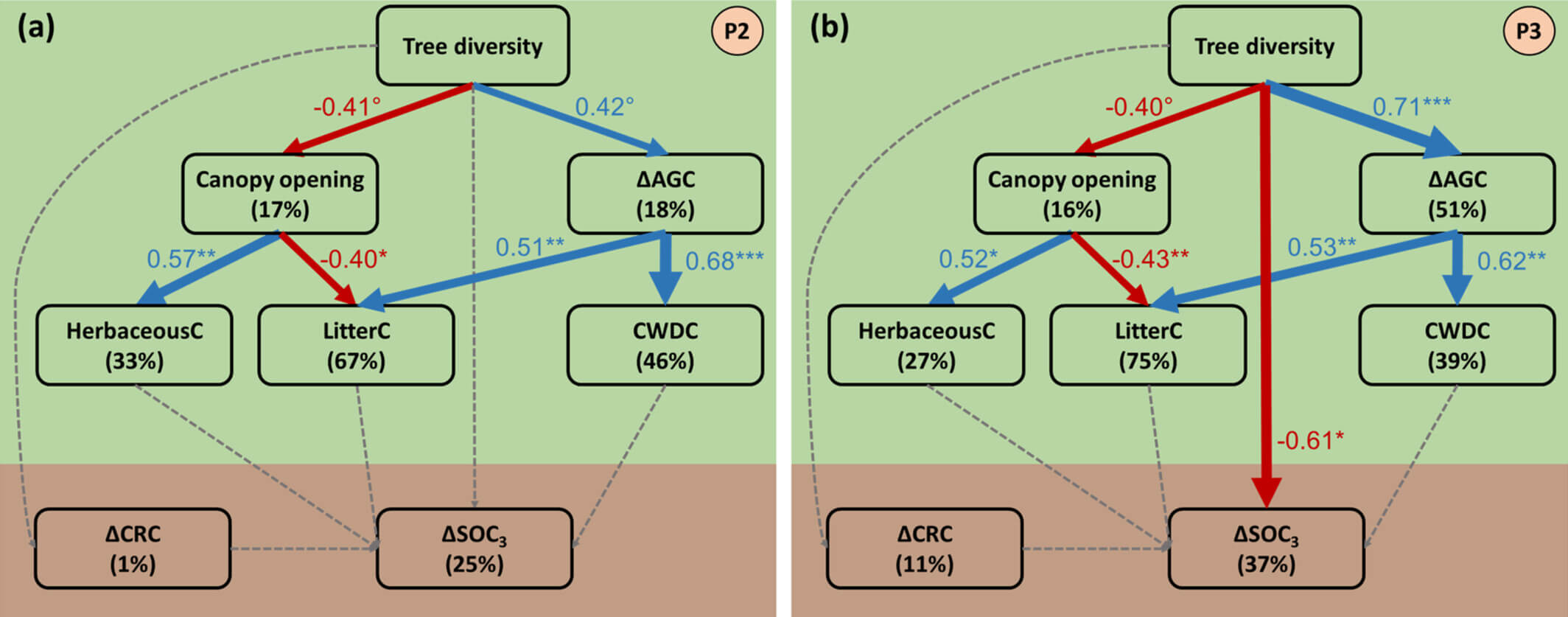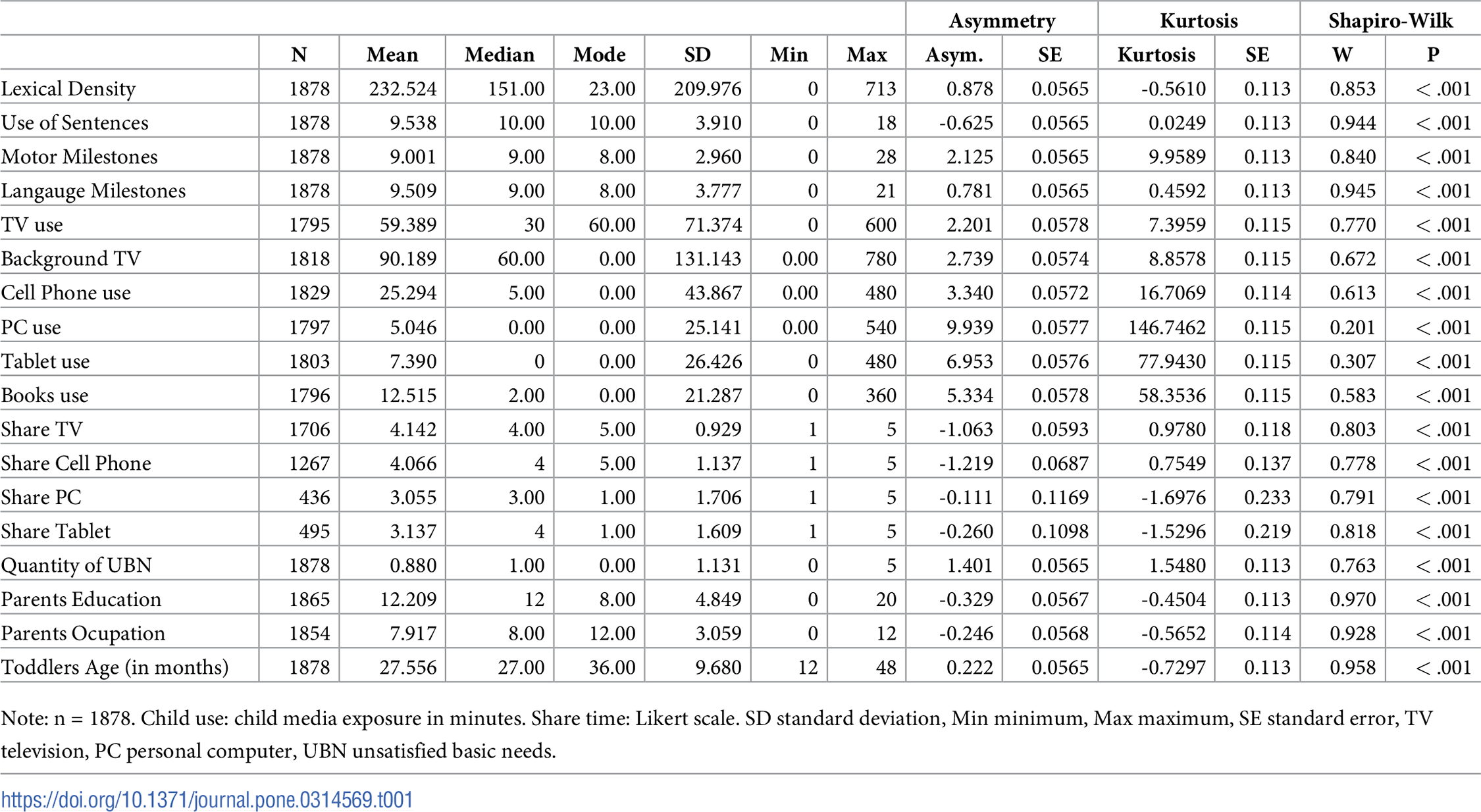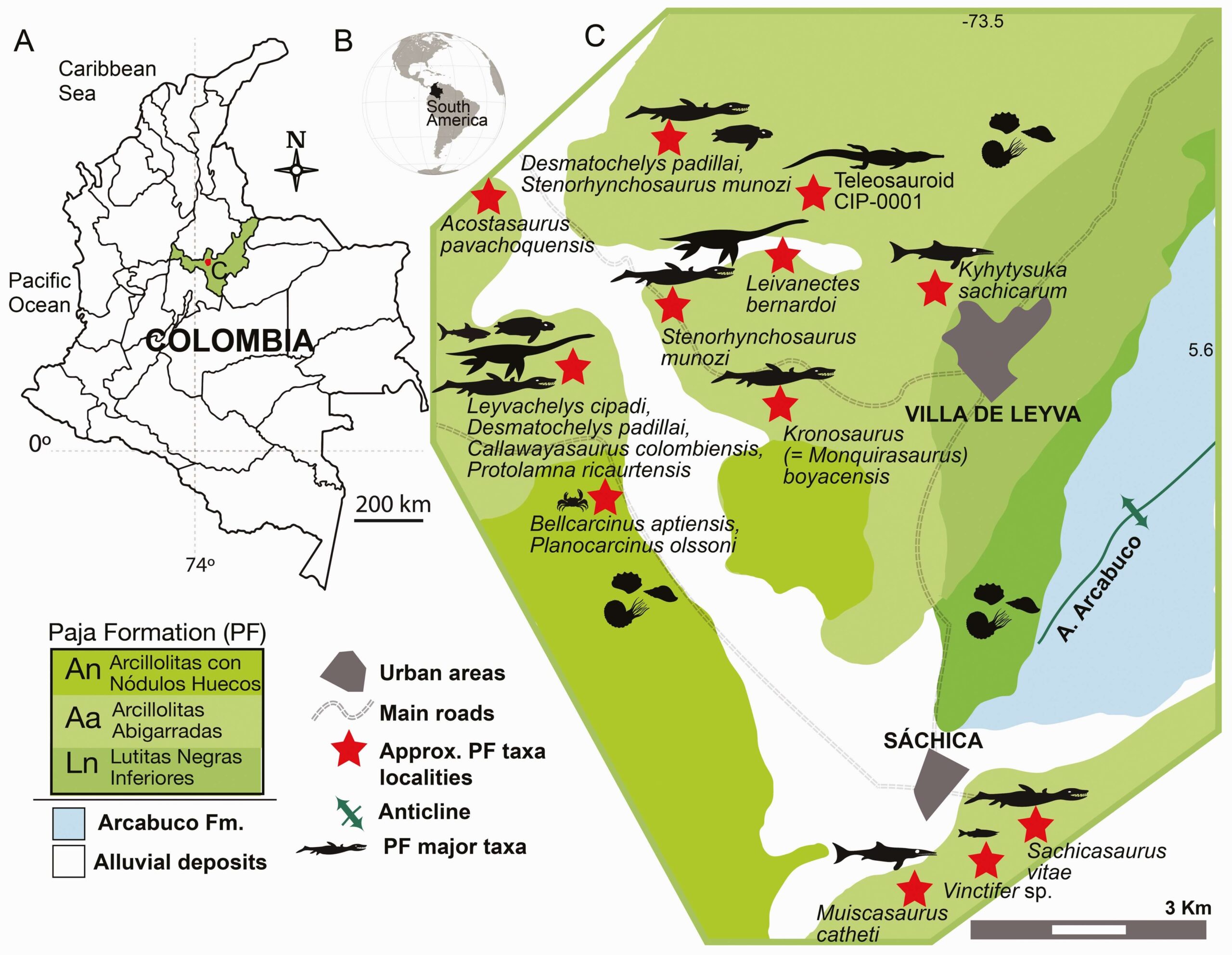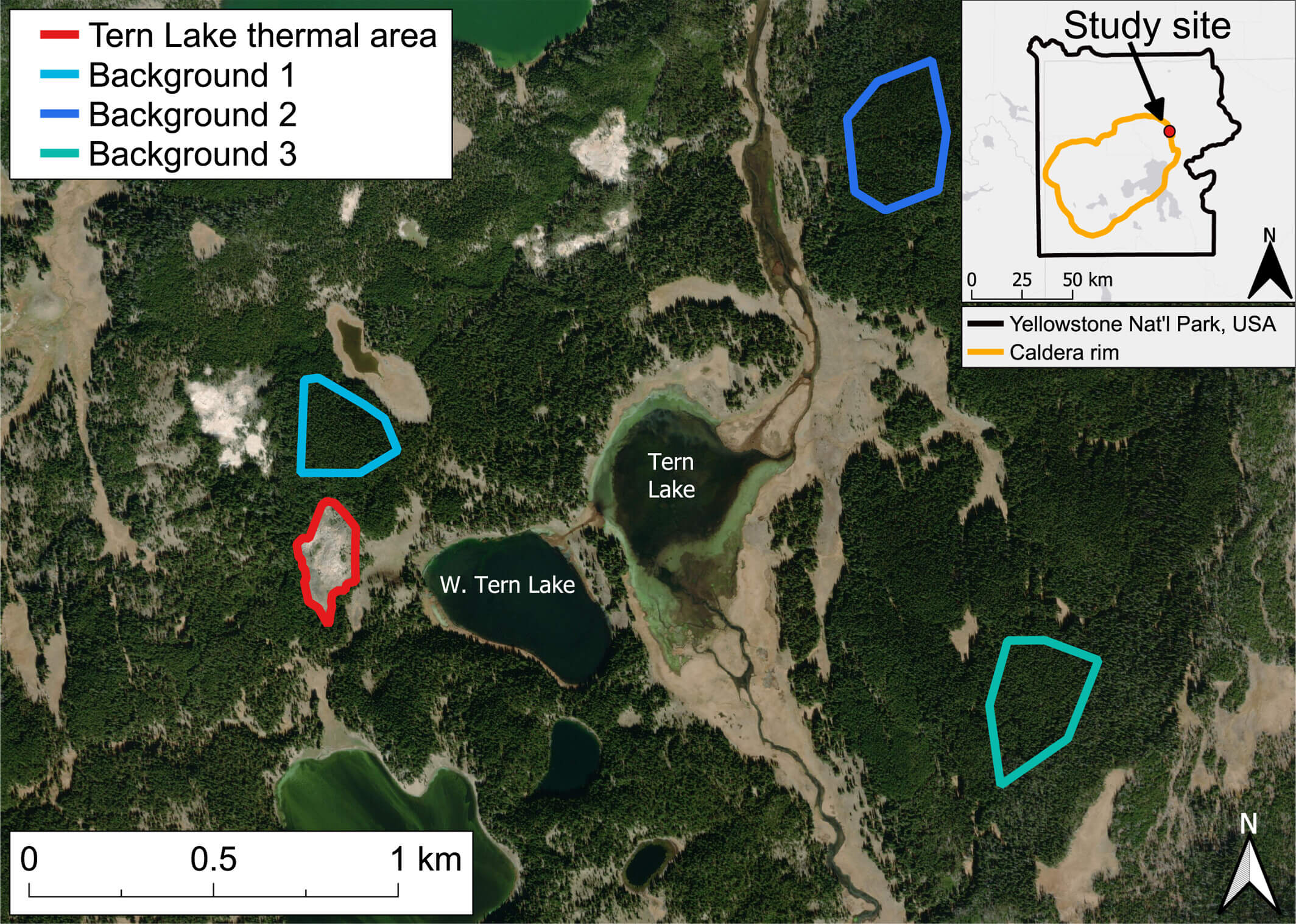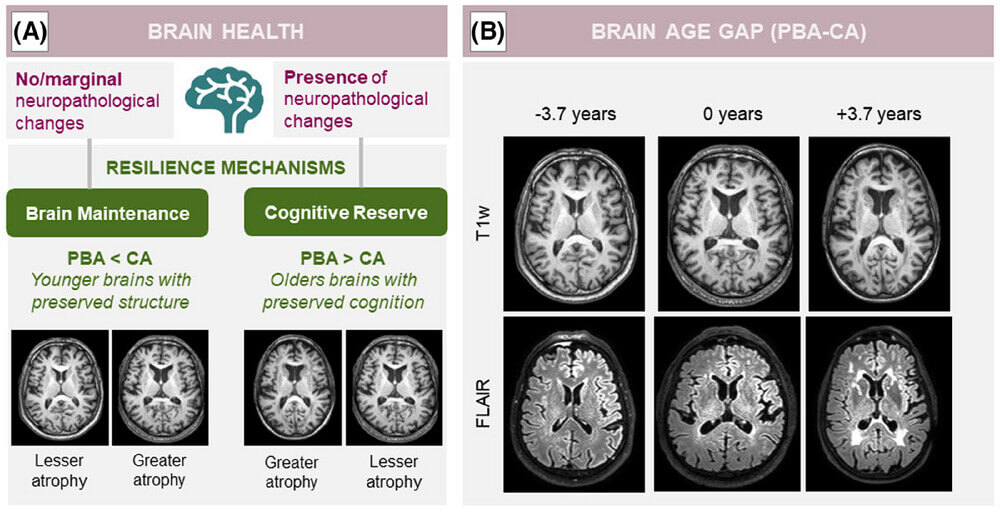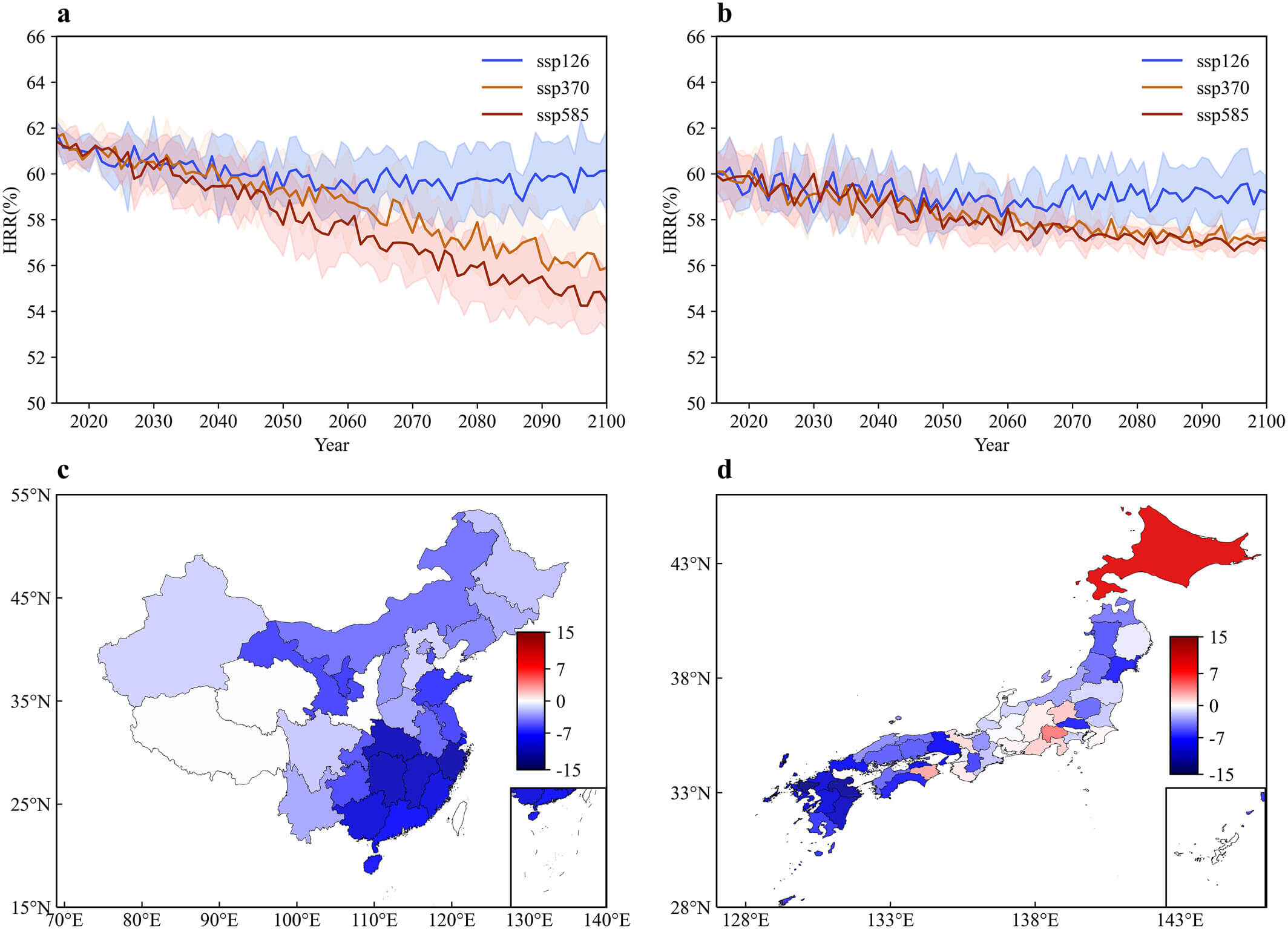
Rice, a staple food for over half of the world’s population, is facing a new challenge: climate change.
Recent research reveals how warming temperatures, particularly at night, are affecting the quality of rice produced in major Asian countries like China and Japan.
Rice is not just another grain; it is the backbone of food security in many Asian countries. Its cultivation and quality are influenced by several factors like climate, soil, and farming methods.
With the increasing demand for rice, ensuring its quality is crucial. However, climate change is posing a significant threat, with temperatures rising and altering the very nature of how rice is grown and harvested.
The study highlights nighttime temperatures as a critical factor impacting rice quality in China and Japan.
Nighttime warmth beyond certain thresholds—18°C in China and 12°C in Japan—leads to a decline in rice quality. These temperatures affect the rice’s appearance and milling properties, crucial for its market value and nutritional content.
Researchers used decades of data and advanced models to unravel these climate impacts, finding that rice quality is on a downward slide, influenced heavily by climate-induced changes.
This research underscores the urgency of adapting rice cultivation to cope with climate changes.
As rice quality deteriorates, it not only affects consumer preference and market prices but also poses a risk to nutritional security, especially for the millions who depend solely on rice as their primary food source.
The findings call for innovative farming techniques and the development of new rice cultivars that are resilient to higher temperatures.
Looking ahead, policymakers, farmers, and scientists must collaborate to formulate strategies that mitigate these adverse climate impacts.
Investing in agricultural research and climate-adaptive technologies will be pivotal in ensuring rice remains a reliable food source for future generations.
This groundbreaking study opens our eyes to the subtle yet profound ways climate change can impact agriculture, urging us to rethink and reform our approach to crop management.
As the lead researcher poignantly remarks, “Addressing these challenges head-on is essential to safeguarding the staple food of millions.” This discovery not only changes the way we perceive rice production but also highlights the broader implications of climate change on global food systems.
References
Liu, X., Ciais, P., Makowski, D., & Liang, J. (2024). Warming leads to lower rice quality in East Asia. Geophysical Research Letters, 51, e2024GL110557. https://doi.org/10.1029/2024GL110557

